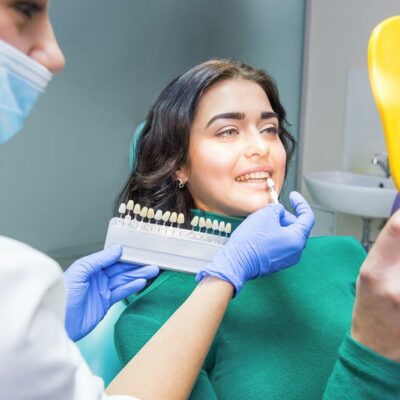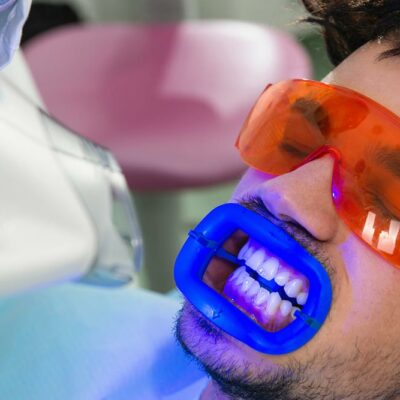
8 Eczema-triggering Ingredients in Soap
Conditions like eczema can flare-up due to various triggers, like stress or contact with an allergen. Thus, people with eczema need to avoid things that cause a flare-up, including certain soaps, as they may have harmful ingredients. One needs to be very careful when choosing a soap, as the wrong option can make the skin drier and itchier than before. When purchasing a soap, it is important to pay attention to these 8 eczema-triggering ingredients.
1. Sodium lauryl sulfate
One of the common ingredients found in soaps is sodium lauryl sulfate, which can be a major trigger for eczema-prone skin. Though this chemical helps remove oils and dirt from the skin and helps create lather, it can cause severe skin irritation and worsen the condition.
2. Fragrance
Most people with eczema are sensitive to fragrances. Soaps with fragrances can make skin smell great but can also cause an allergic reaction. Cinnamic alcohol, cinnamic aldehyde, eugenol, isoeugenol, and geraniol are some ingredients to watch out for while buying a soap. People with eczema opt for fragrance-free products made for sensitive skin.
3. Cocomipropyl betaine
Derived from coconut oil, cocomidopropyl betaine is a surfactant found in cleaning products, including soaps. This ingredient produces a lather and removes oils from the body, but it may cause allergic reactions in some people, leading to skin redness and irritation. This can be due to the concentration of the ingredient in the soap or its contact with other ingredients.
4. Essential oils
Patients with eczema should avoid soaps containing essential oils such as tea tree oil. Tea tree oil is generally considered safe, but it can cause dryness, redness, skin irritation, or allergic skin rash in people with eczema. Other essential oils to be avoided completely include mint, citrus, and lavender oils.
5. Lanolin
People with eczema are more likely to be sensitive to lanolin. Lanolin is a natural emollient that is widely used in soaps due to its moisturizing properties. This thick and heavy ingredient can result in symptoms such as itching, redness, or swelling in eczema sufferers.
6. Urea
Urea is a useful ingredient for many skin conditions, including psoriasis, but for people with eczema, this compound can be irritating and can contribute to damage to the skin barrier. Urea may also increase the absorption of some other ingredients in the soap a person is sensitive to, which can make the reaction worse.
7. Alkaline
Certain soaps contain a pH level between 9 to 10, which is alkaline, while the skin’s normal pH level is between 4 and 6. This difference in the pH level may worsen eczema symptoms. People with eczema should avoid using alkaline soaps as it can lead to dry and irritated skin.
8. Propylene glycol
Propylene glycol found in soaps can lead to skin irritation. It is a moisturizer and emulsifier but may cause flare-ups in people with eczema. Derived from petroleum, propylene glycol-containing soaps can cause redness or irritation and are not safe for eczema-prone skin.
Conclusion
Finding the right soap for eczema is of utmost importance. The best soaps for eczema are those without the presence of the above ingredients. It may be helpful for people with eczema to perform a patch test on the inside of the wrist before using any soap or contact a dermatologist who can suggest soaps that do not aggravate eczema symptoms.


